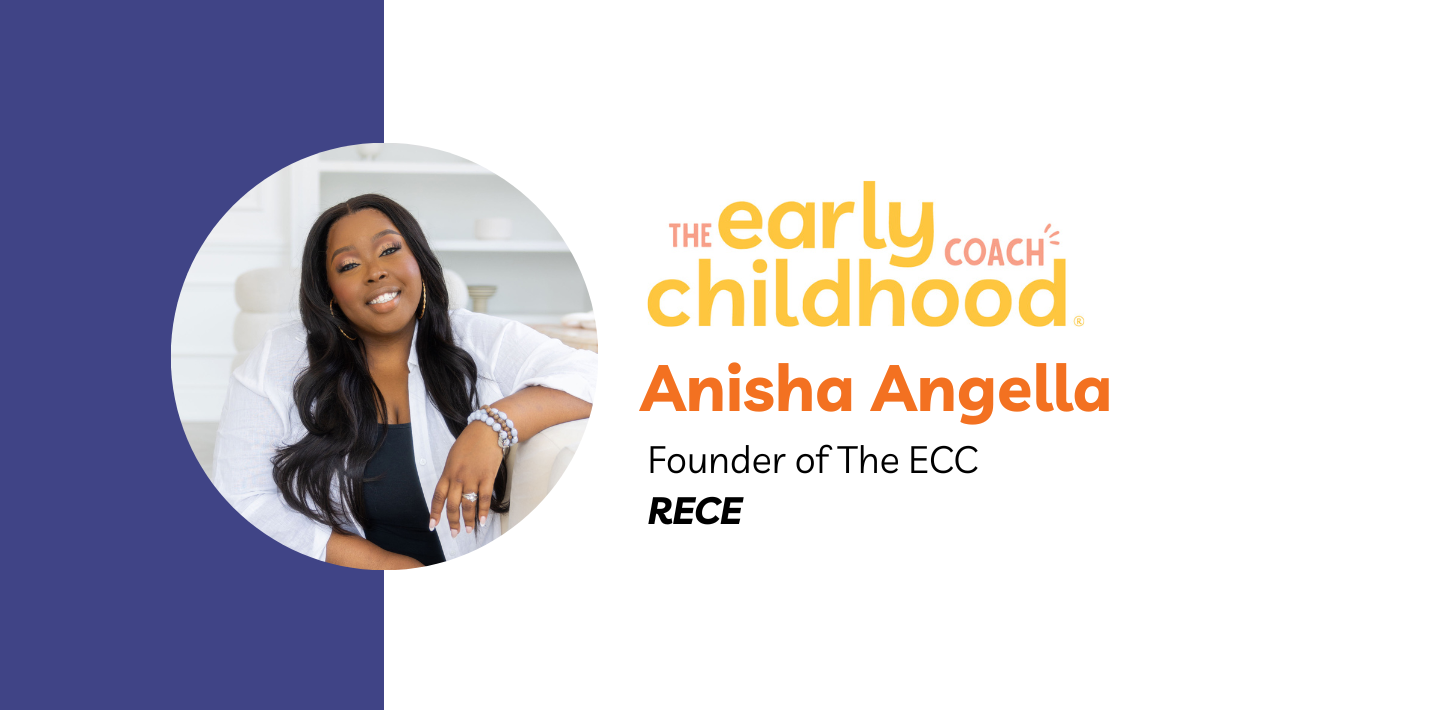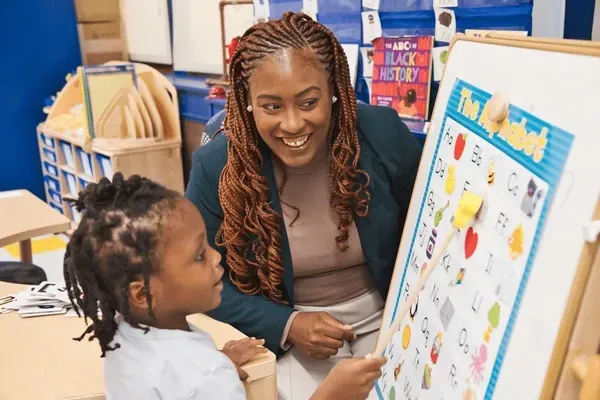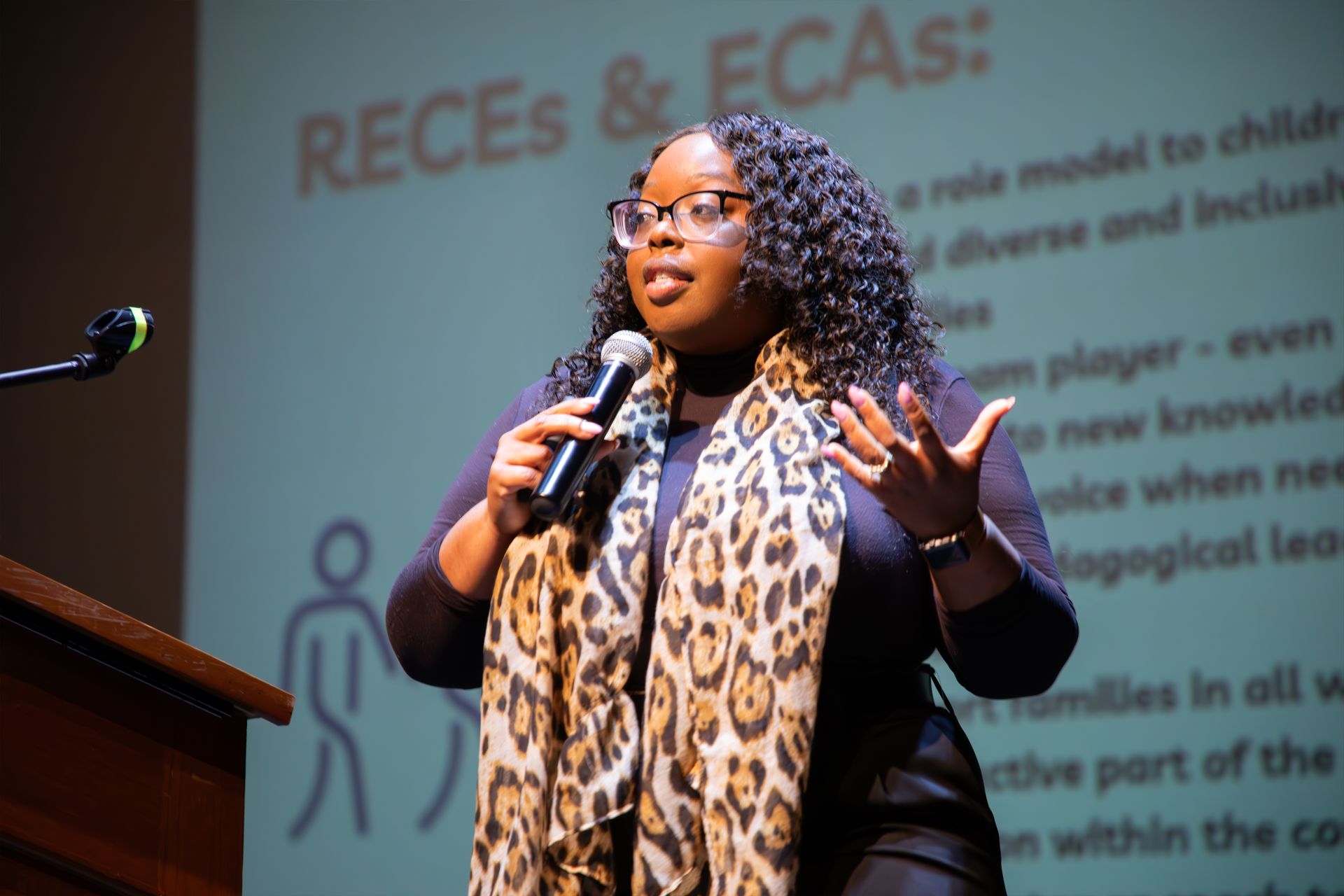In the bustling world of early childhood education, educators don many hats, serving not only as teachers but also as nurturers, mentors, and sometimes even confidants. However, one vital role often overlooked is that of an ally for parents and children navigating allergies. Allergies can be a source of significant stress and anxiety for both children and their caregivers. Still, with the proper support and understanding, early childhood educators can make a world of difference in ensuring a safe and inclusive environment for all.
Why is it important?
Children spend a significant portion of their early years in childcare programs and classrooms, where they encounter various foods, environments, and potential allergens. For children with allergies, these spaces can pose severe risks if proper precautions are not taken. Early childhood educators, being the primary caregivers in these settings, play a crucial role in ensuring the safety and well-being of all children, including those with allergies.
By becoming allies for parents and children navigating allergies, educators can:
Create a Safe Environment:
Educators can work with parents to identify allergens and implement necessary precautions to minimize the risk of exposure within the childcare setting.
Raise Awareness:
Educators can educate children and staff about allergies, fostering empathy, understanding, and a sense of community among all participants.
Empower Children:
Educators can empower children with allergies to advocate for themselves, teaching them to recognize allergens, communicate their needs, and seek help when necessary.
Support Parents:
Educators can offer support and reassurance to parents, providing them with peace of mind knowing that their child's allergies are being taken seriously and managed effectively.
Tips for Educators:
Familiarize Yourself:
Take the time to familiarize yourself with common allergies, their symptoms, and emergency procedures. Knowledge is key to effective management.
Communicate Openly:
Maintain open lines of communication with parents, discussing their child's allergies, triggers, and any necessary accommodations or medications.
Create Allergy-Friendly Policies:
Implement clear policies and procedures regarding food handling, allergen labelling, and emergency response protocols within your childcare program or classroom.
Educate and Sensitize:
Incorporate allergy education into your curriculum, using age-appropriate materials and activities to raise awareness and promote understanding among children.
Be Prepared:
Keep emergency supplies, such as epinephrine injectors, readily available and ensure that all staff members are trained in their use.
Promote Inclusivity:
Foster a culture of inclusivity and acceptance, celebrating diversity and differences among all children, including those with allergies.
>> Did you know Anisha offers workshops all about building the confidence of children with allergies in your program? Click here
to see a list of our current workshops and professional learning for early educators.
To further support early childhood educators in their efforts to raise awareness and promote understanding of allergies among young children, we're excited to introduce "Zoey Has an Allergy." This engaging children's book follows the story of Zoey, a spirited young girl who learns to navigate life with a food allergy. Through Zoey's journey, children will learn about the importance of empathy, inclusivity, and friendship when it comes to allergies.
"Zoey Has an Allergy" is not only a valuable educational tool but also a heartwarming story that will resonate with children and adults alike. With its colourful illustrations and relatable characters, this book will spark meaningful conversations and inspire positive change in classrooms and childcare settings everywhere.
>> Click
here
to purchase a copy of Zoey has an allergy.
>> Want to buy in BULK for your community or ECE childcare centre?
Fill out our form to receive a discounted rate.
In conclusion, early childhood educators have a unique opportunity to become allies for parents and children navigating allergies, creating safe, inclusive environments where all children can thrive. As May marks Allergy Awareness Month, let us recommit ourselves to raising awareness, providing support, and fostering understanding of allergies in our classrooms and childcare programs. Together, we can ensure that every child feels safe, supported, and valued, regardless of their allergies or any other differences they may have.







